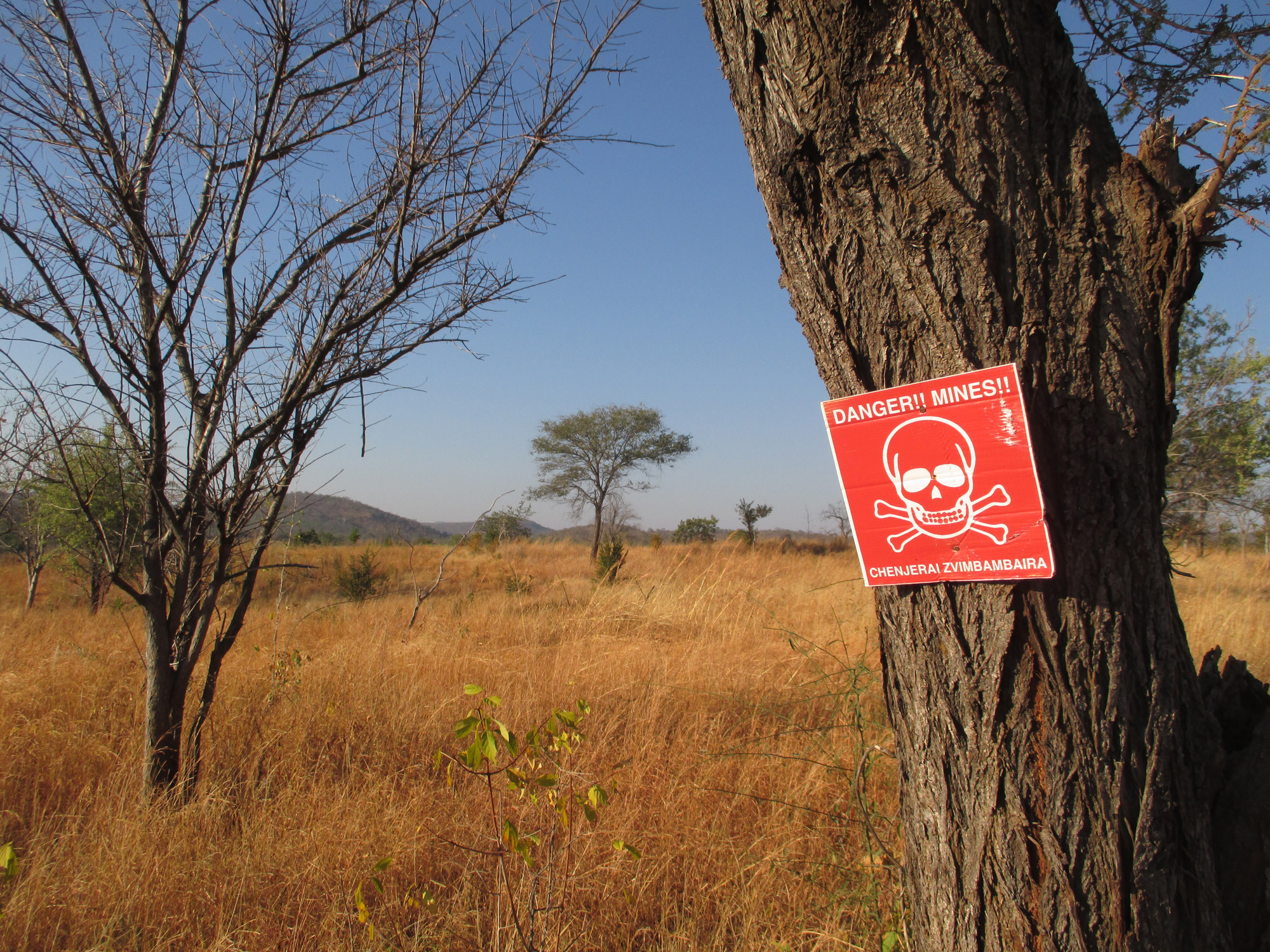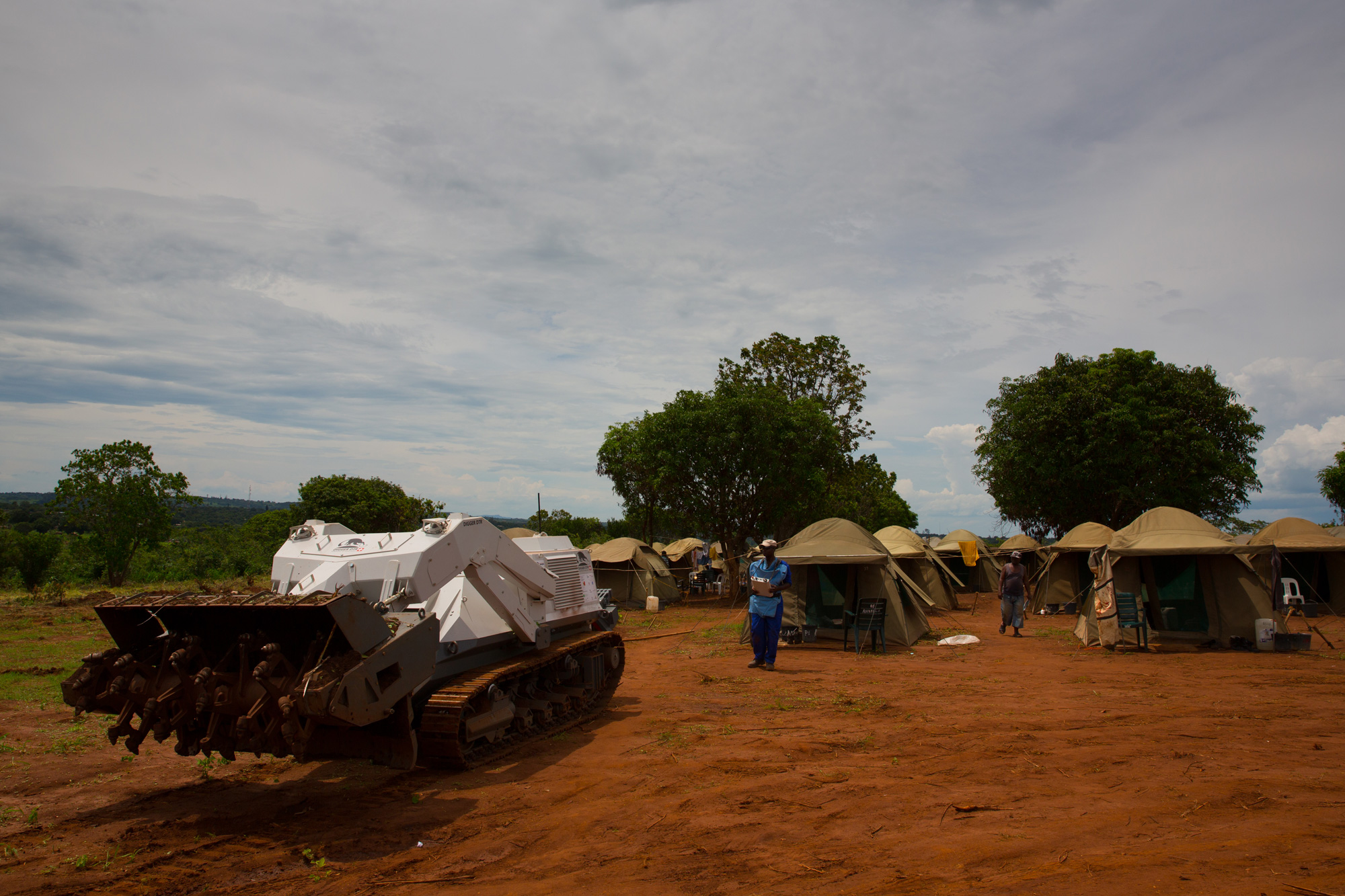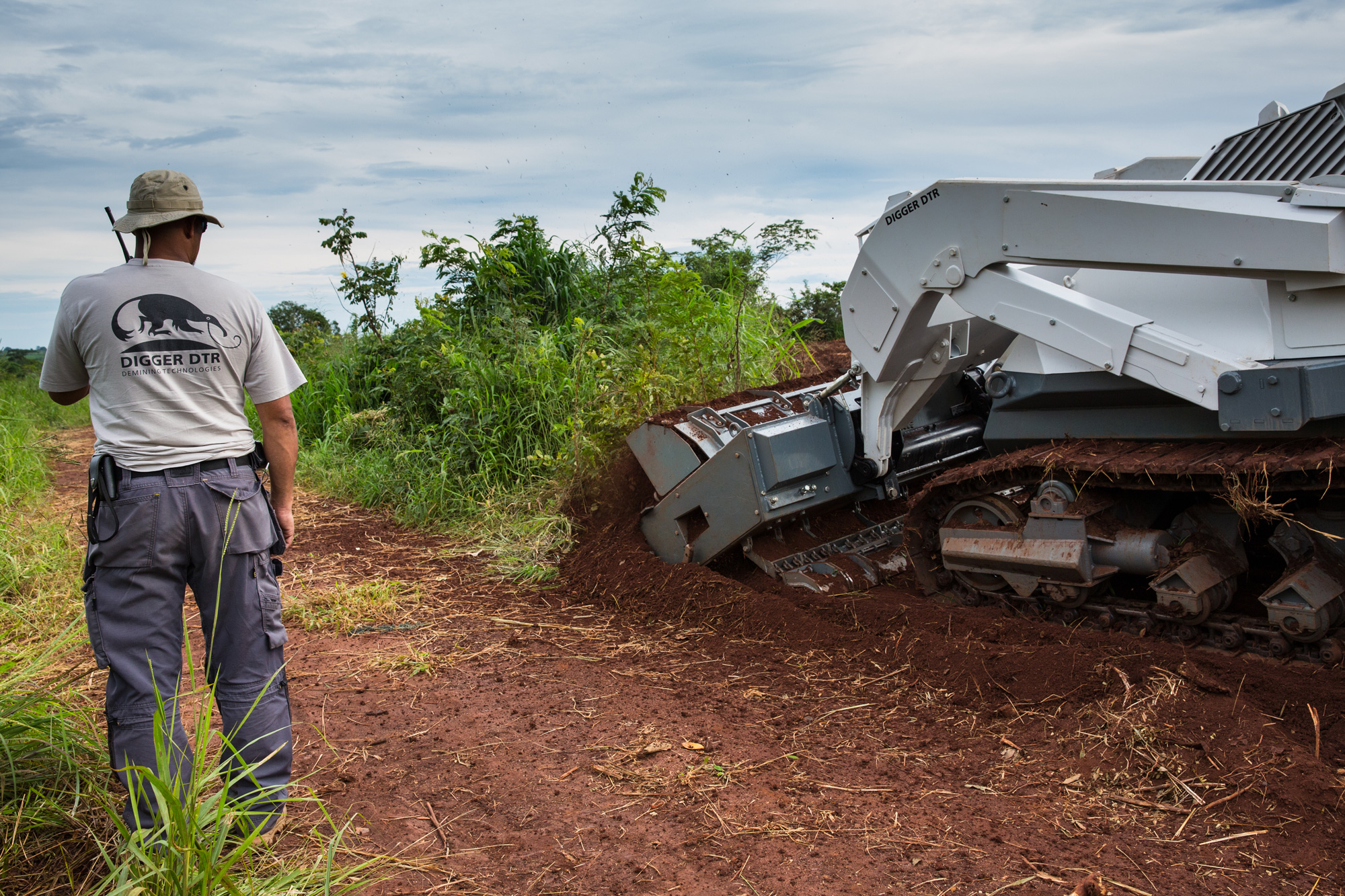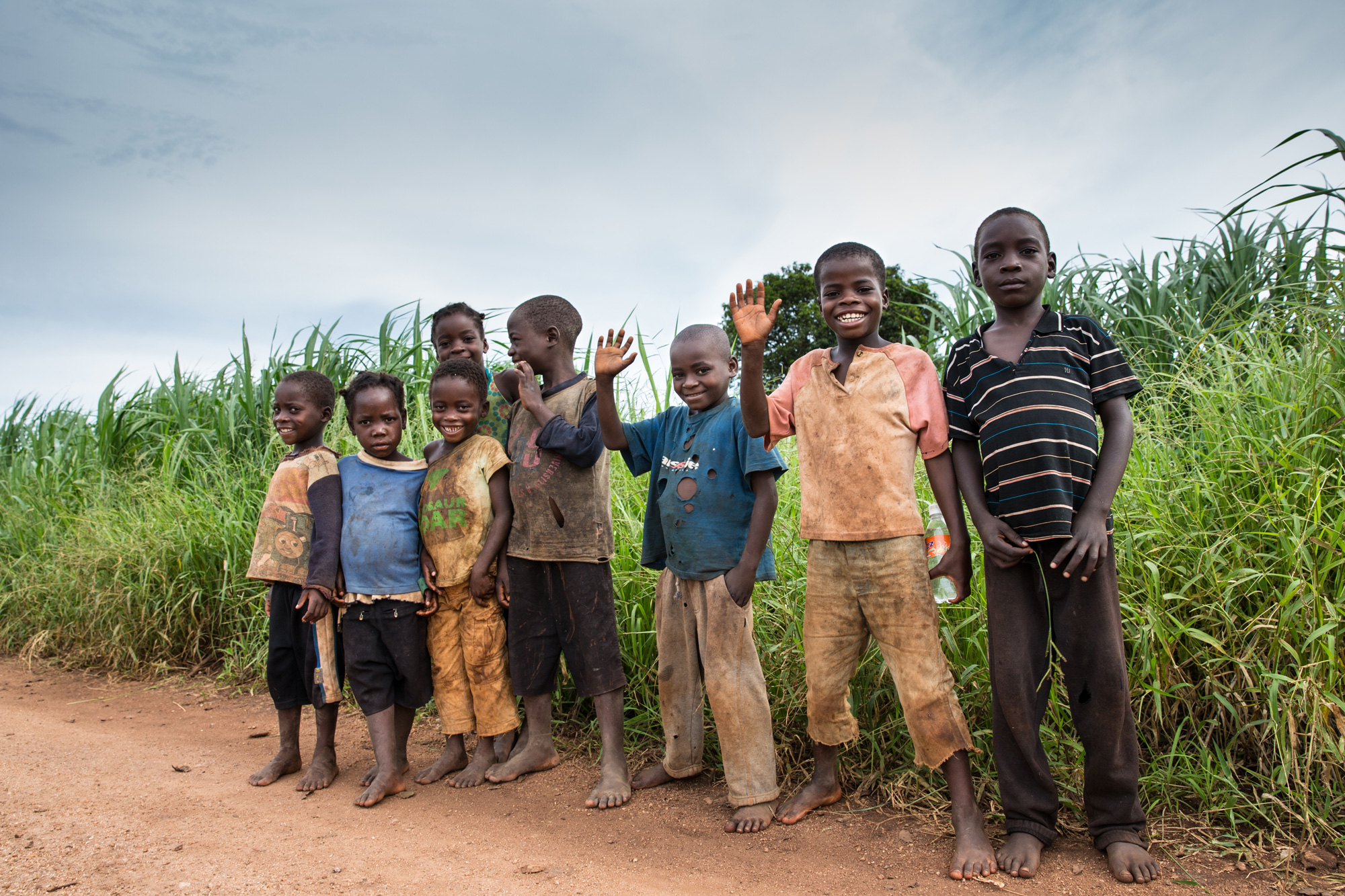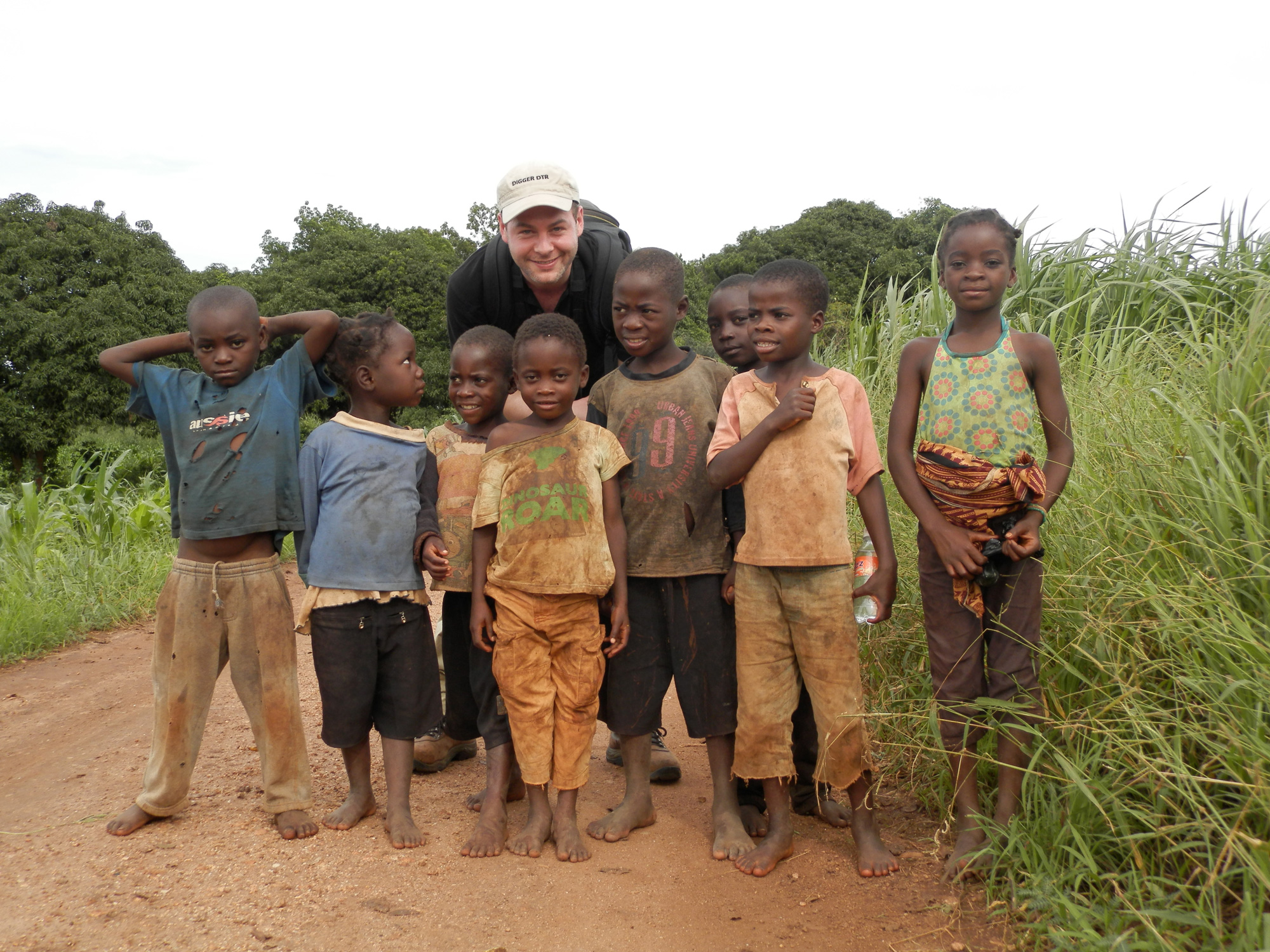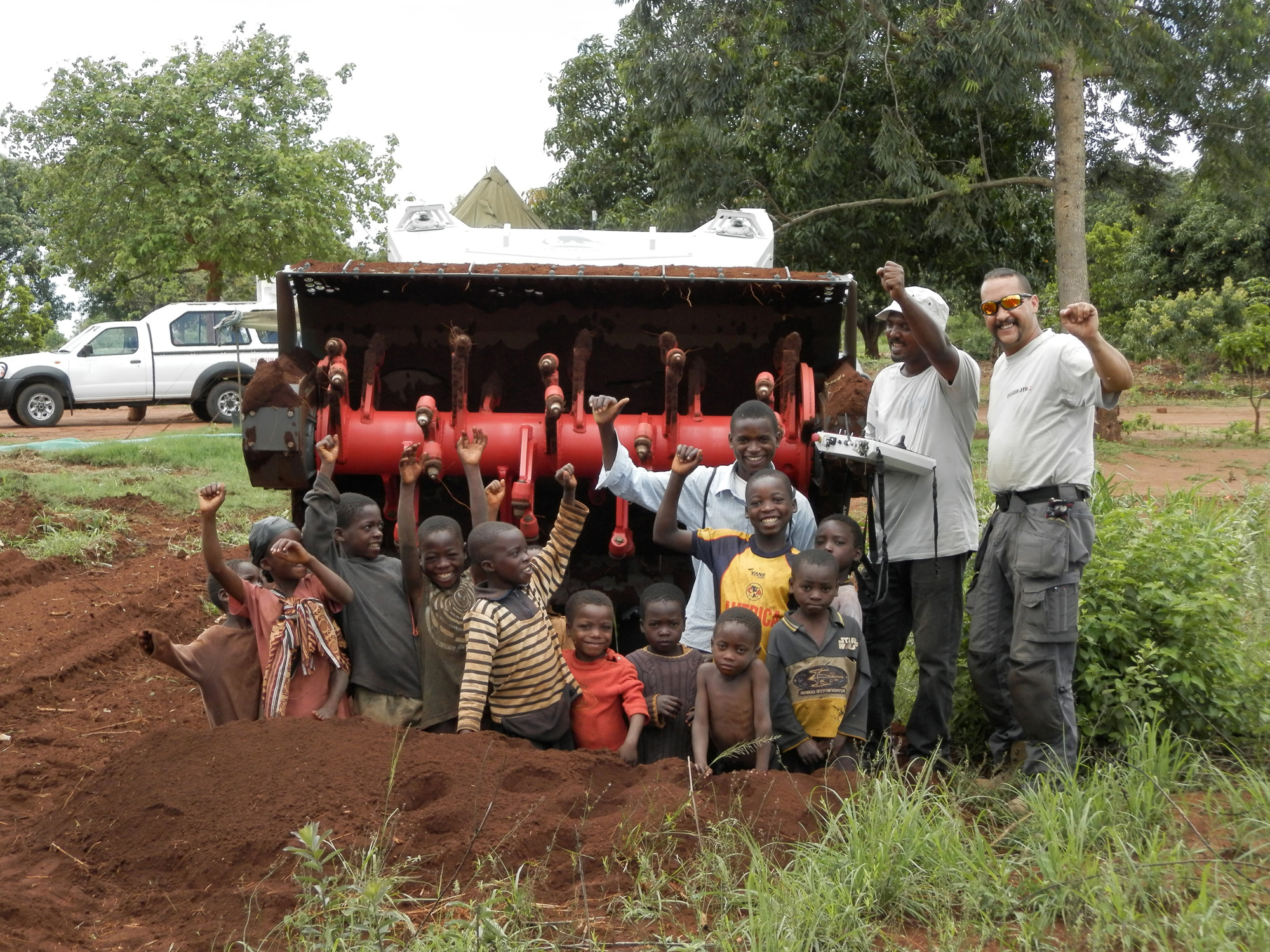In 1998 when the Ottawa Treaty was signed, Mozambique was among the most heavily mined and poorest countries in the world. In 2015, 17 years later, the country was declared “free of all known mines” and became the first country to complete the demining of its territory under such conditions. This is probably one of the greatest success stories in the field of humanitarian demining and the Digger Foundation is extremely proud to have participated in it, by providing one of the D-3 demining machines which since 2012 has contributed by clearing several hundred thousand square metres.
In Mozambique, landmines and other explosive devices were a legacy of the war of independence (1964-1974) and the subsequent civil war (1977-1992). The latter is estimated to have cost one million lives and displaced five million people. During the decades of violence, all belligerent parties mined towns, roads, airstrips, bridges, energy infrastructure and military positions.
In 2012, members of the NGO APOPO were of the opinion that Mozambique could complete the demining of its territory by 2014, as indeed the country had committed to do after an initial extension of the original deadline; but only if it used mechanical means.
The Digger Foundation took up the challenge. We immediately began trying to raise the necessary funds to use a DIGGER D-3 in Mozambique that would be led by APOPO. A few months later, thanks to Swiss city councils as well as public and private institutions, the machine arrived in the capital city Maputo, from where it immediately set off again for the north-west to begin its work. One year later, the goal of clearing 2.5 million square metres of land (617 football fields) had been achieved.
In 2014, the machine was used to clear an area of 524,800 square metres along the high-voltage line that supplies the city of Beira with its half-million inhabitants. The work, completed in 246 days, made it possible to maintain and repair the 82 power pylons again and restore safety to the people living and working on the land nearby, not to mention the children whose way to school sometimes ran close to unmarked mined areas.
Thus the determination of all demining players in the country, and above all of the inhabitants, has begun to bear fruit. In December 2014, Tete province was declared mine-free, followed by Sofala province, despite the unexpected discovery of new suspect or flooded sites in swampy areas, and finally the whole country a few months later. Between 2008 and 2014, a total of 3,000 areas were cleared, representing over 55 million square metres, and 86,000 mines destroyed. Mozambique is living proof that the battle against mines can be won!
In retrospect, demining has an immensely beneficial effect on the socio-economic development of a country, helping to reduce poverty. Investment in natural resource exploitation, agriculture, infrastructure construction and the operation of some railway lines has resumed, as well as travel and cross-border trade with Zimbabwe, benefitting the local people in both countries. Rural communities have seen their access to health and education services improve and expand. Mozambique has also become a source of hope!
